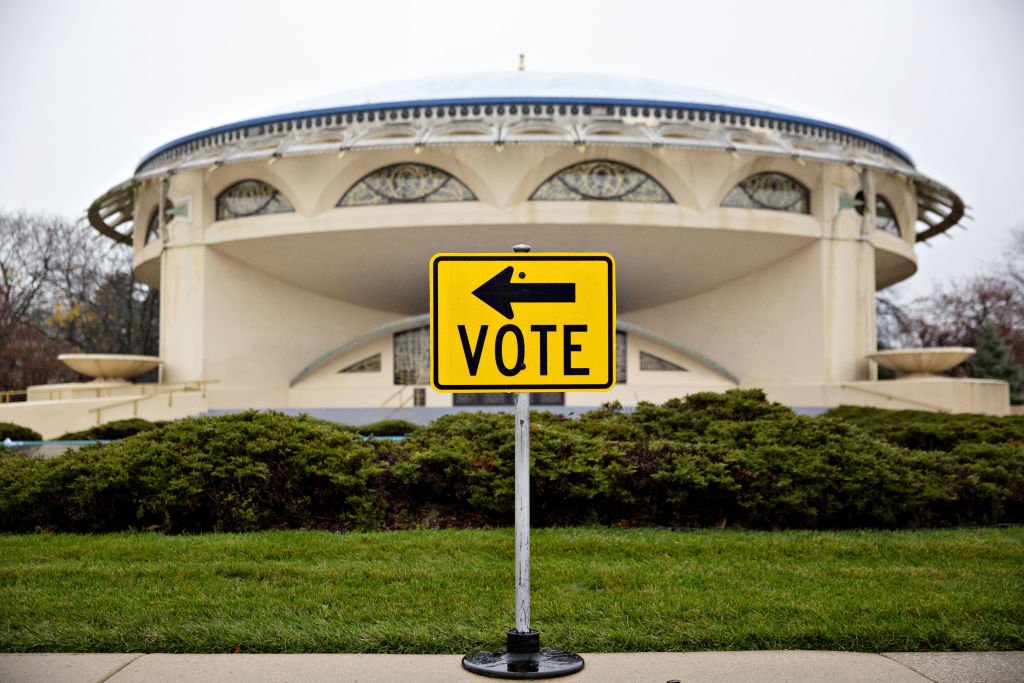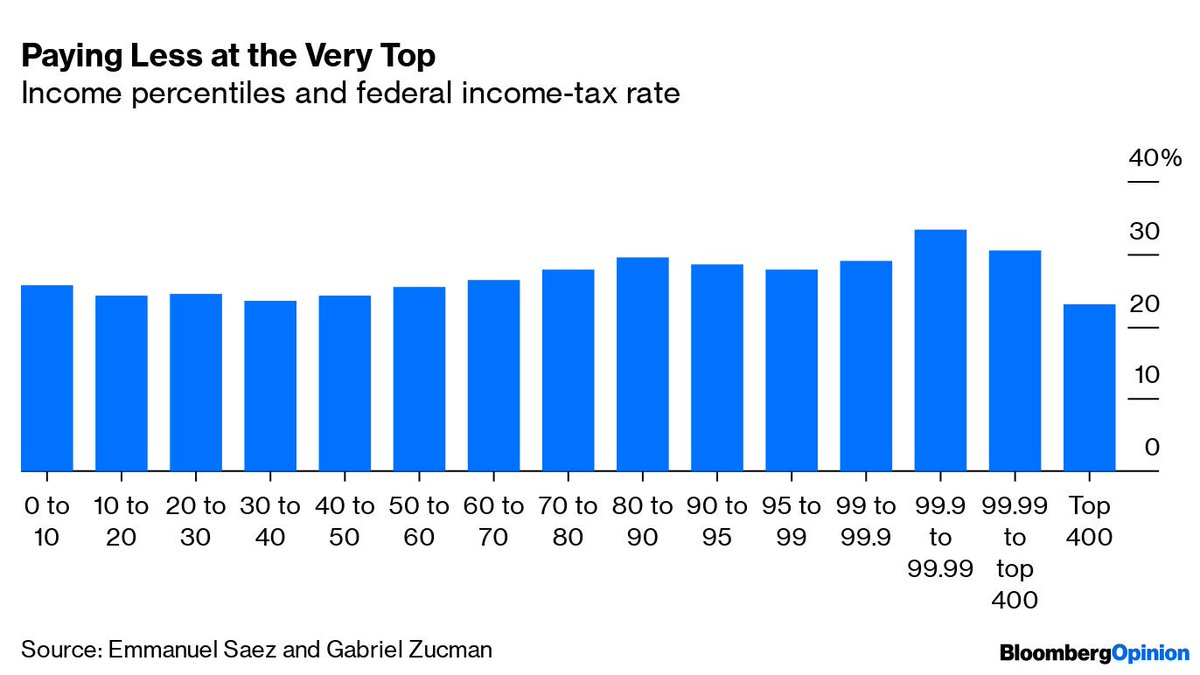📚Provide opportunity to all regardless of race or class
💰Boost the economy’s productive capacity
✍️Make people better citizens
On all these counts, the U.S.’s system of postsecondary education is falling short bloom.bg/31DQAhB
For one, it's become too expensive. The price of a college education has outpaced both incomes and federal grants bloom.bg/31DQAhB
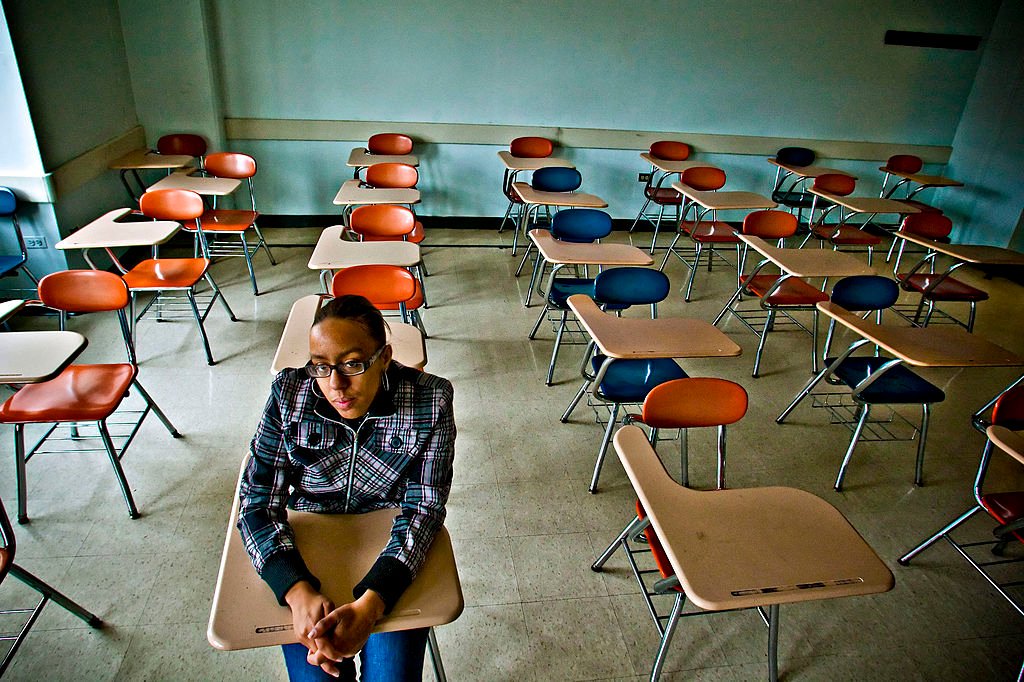
That’s about 80% of average family income for this group bloom.bg/31DQAhB
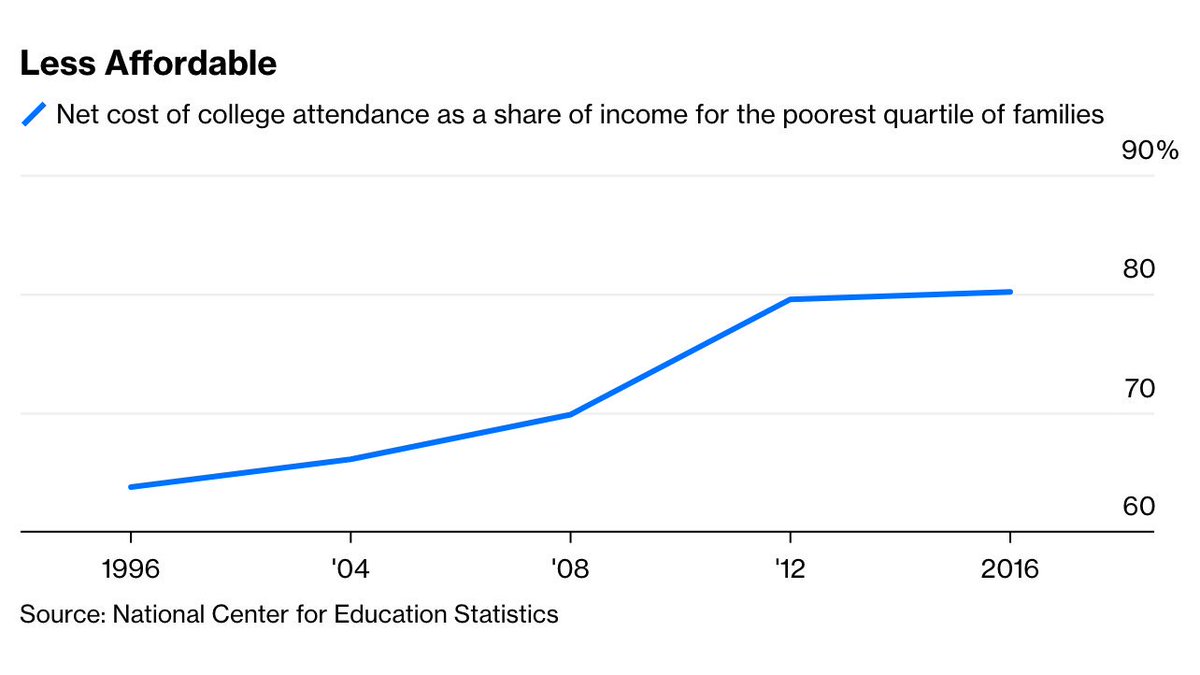
💵A $1,000 increase in price reduces enrollment by about 4% bloom.bg/31DQAhB
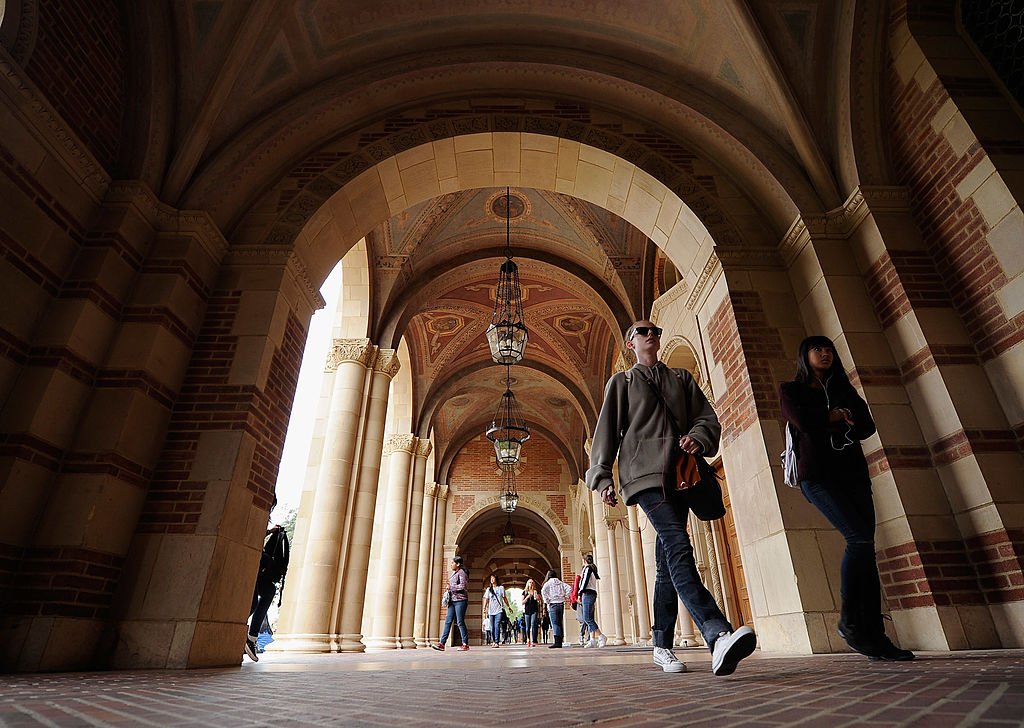
❌Start families
❌Buy houses
❌Save for retirement bloom.bg/31DQAhB

📈That’s up from $250 billion, or 12%, in 2003 bloom.bg/31DQAhB
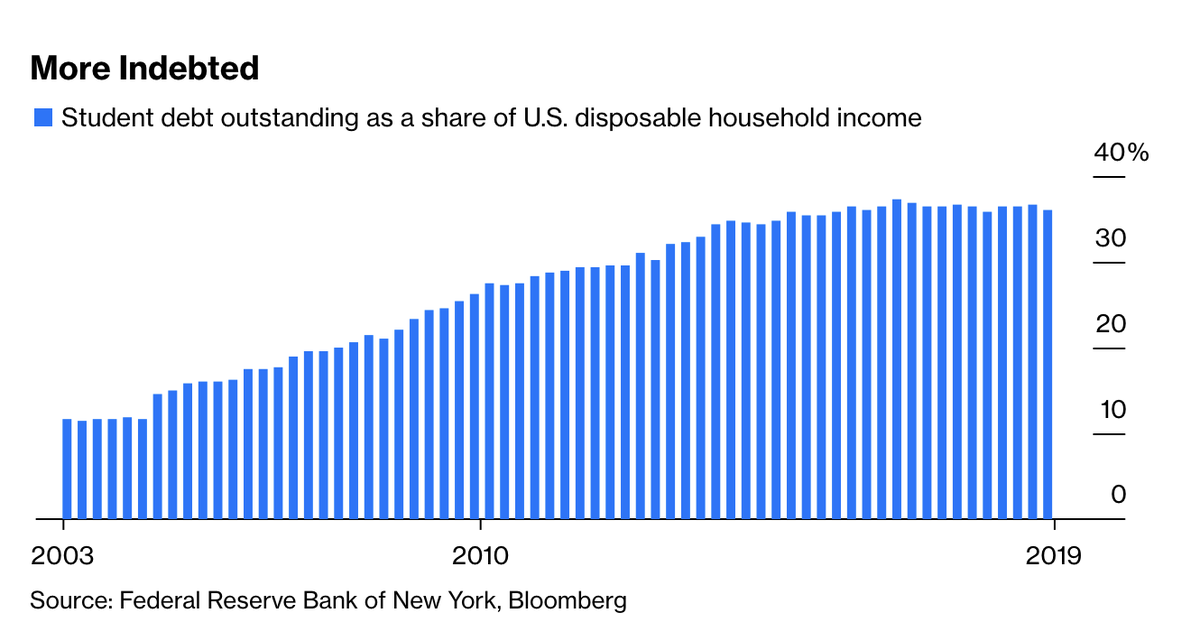
College grads are also happier and less likely to die of heart attacks bloom.bg/31DQAhB
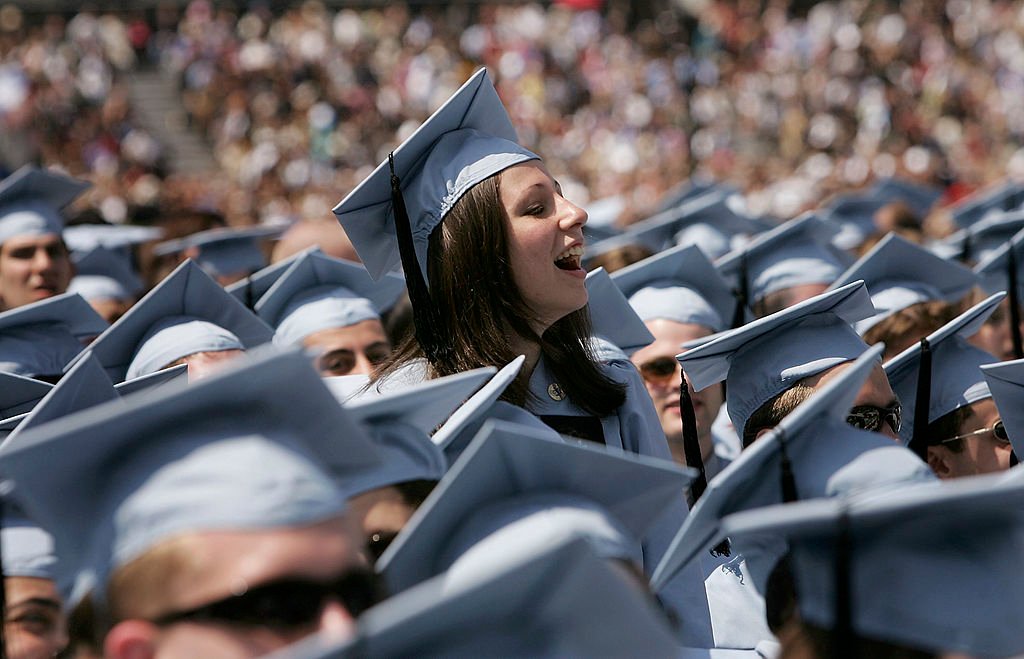
In one study, just 31% of college graduates could correctly explain and compare opposing newspaper editorials bloom.bg/31DQAhB
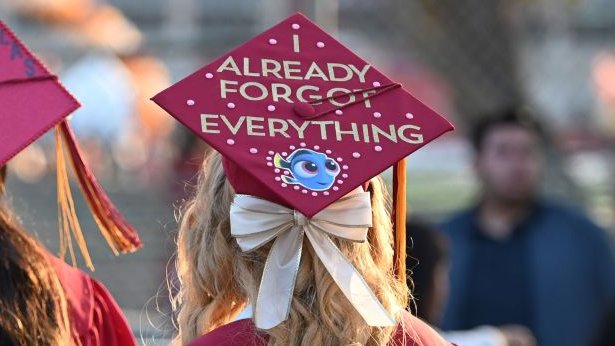
They disproportionately end up with diplomas of dubious value from for-profit schools — thanks in part to aggressive marketing bloom.bg/31DQAhB

Proposals to make higher education free for all or forgive student debt would primarily benefit the wealthy. Removing public support would cut off access to additional millions bloom.bg/31DQAhB
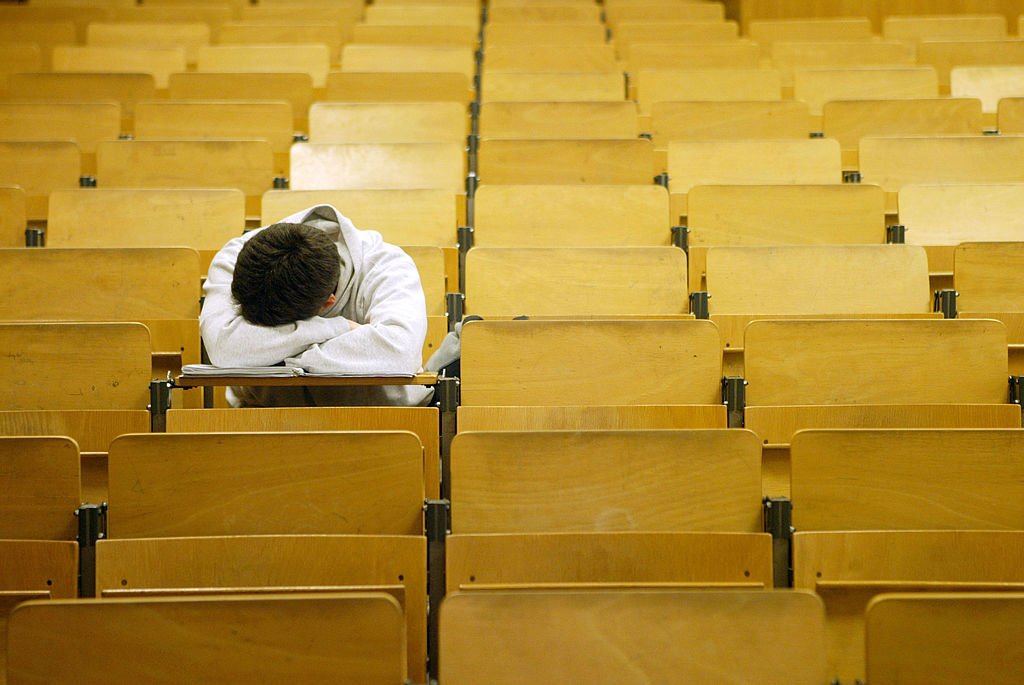
1. Access
2. Cost control
3. Quality bloom.bg/31DQAhB

It should replace its tangle of subsidies with a single grant program focused on poorer students. Repayment of all new loans should be tied to income bloom.bg/31DQAhB
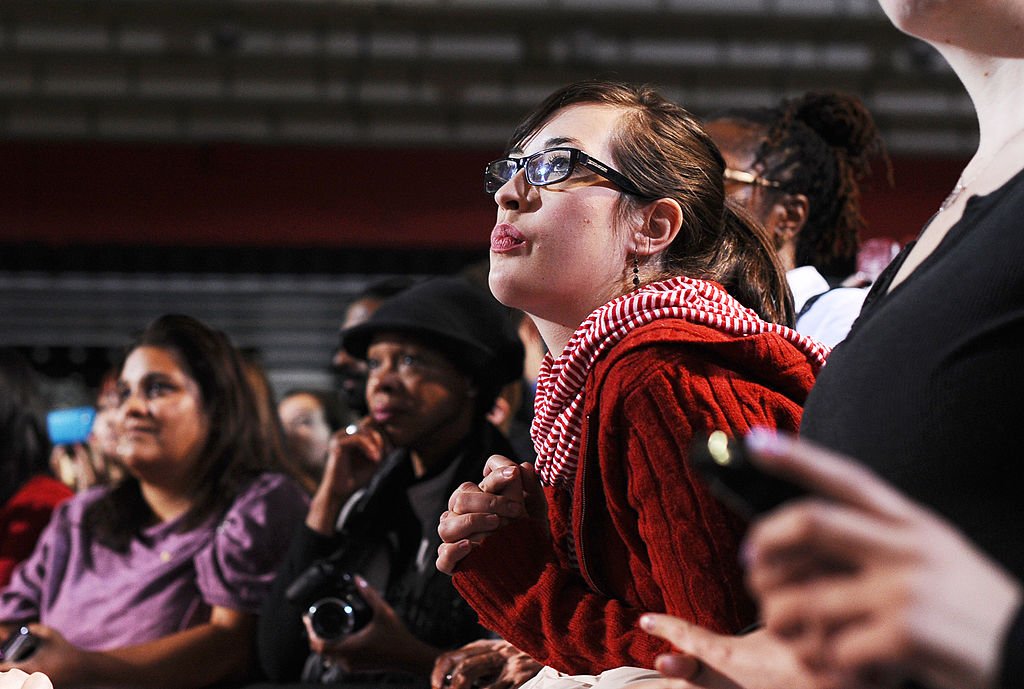
The government should provide money only to those schools that agree to charge no more than what the FAFSA says students can afford bloom.bg/31DQAhB
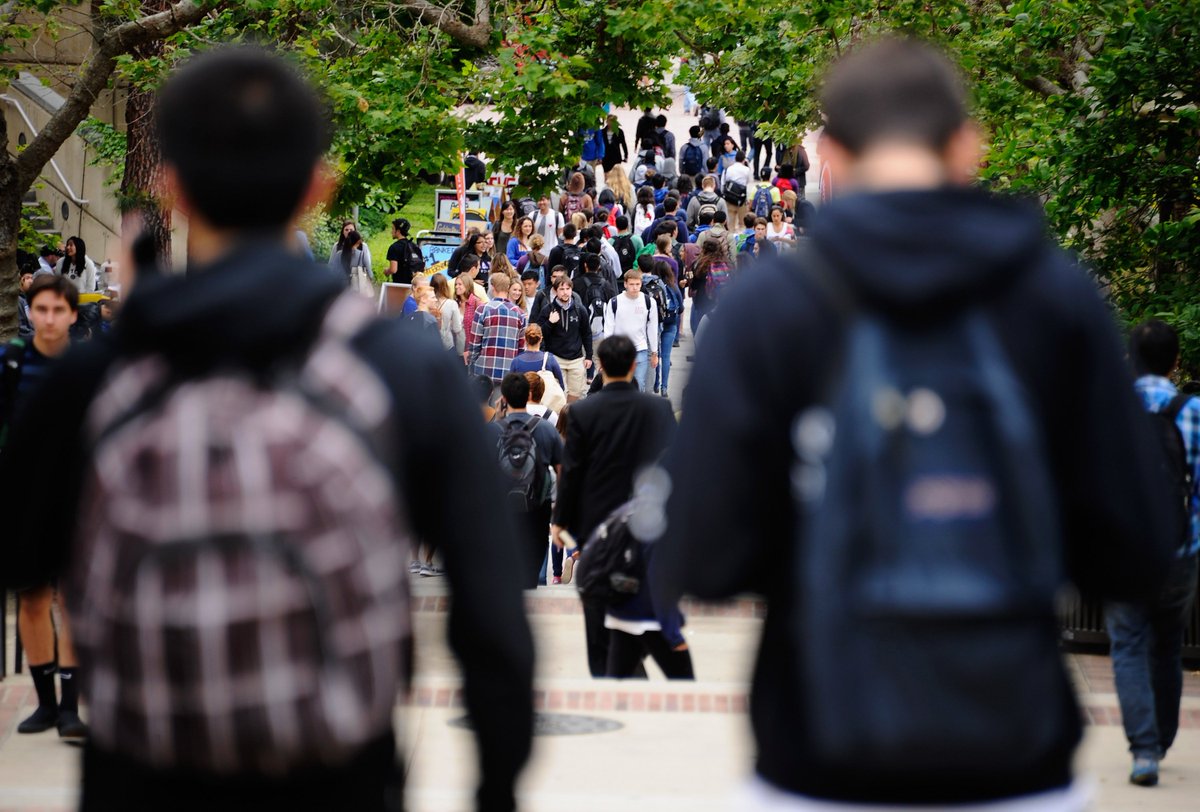
To improve standards, Congress should gather data to provide a complete picture of the expected return of different schools bloom.bg/31DQAhB

If this investment would help restore the role that higher education once played in the U.S., the price would be well worth it bloom.bg/31DQAhB



